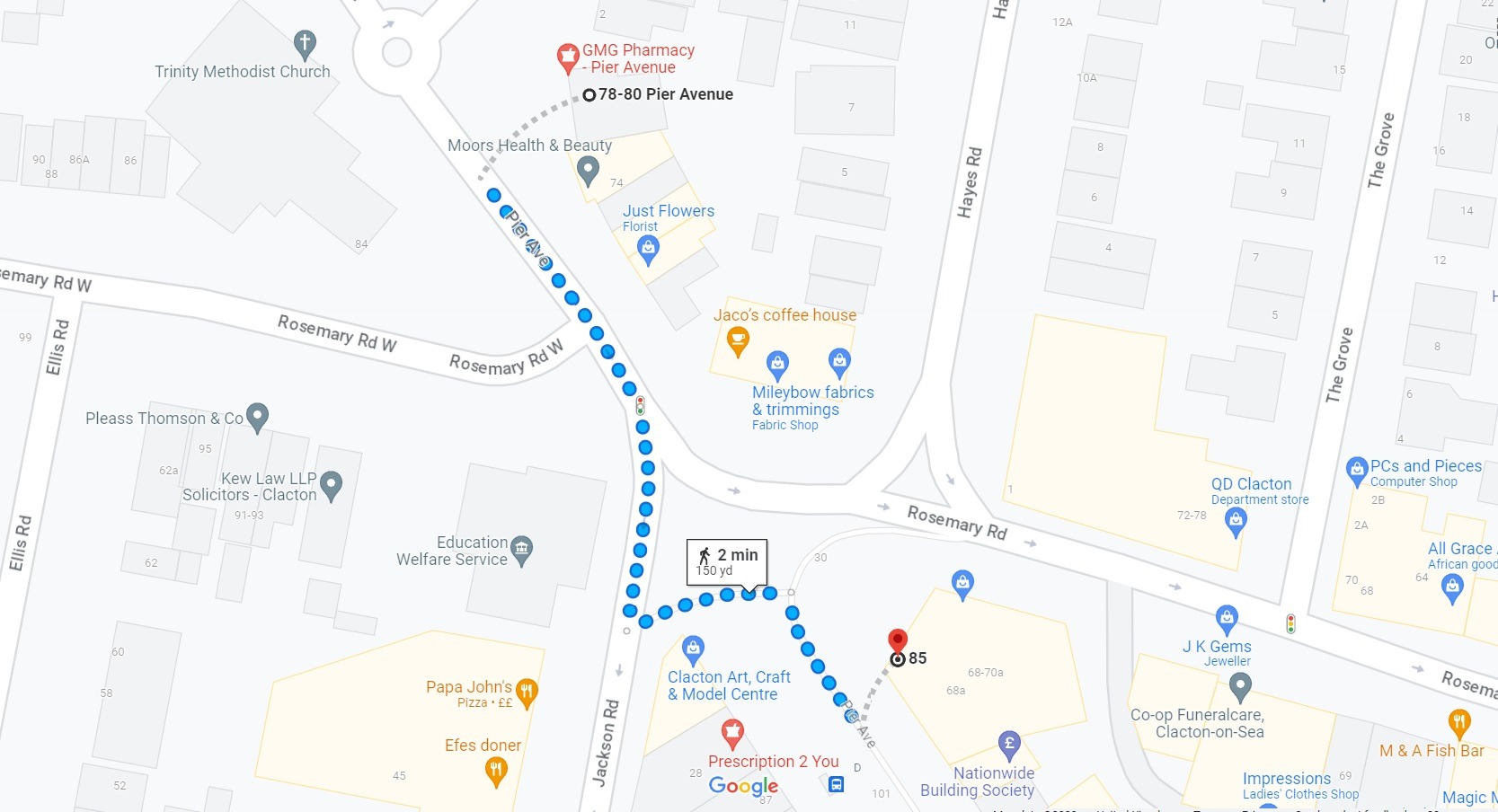Why Should You Get a Yellow Fever Vaccine Before Travelling?

Yellow fever is an infectious virus that affects parts of Africa and South America. The disease can either be moderate or severe. The best way to protect yourself against this virus is through vaccination. The high fatality rate of the virus emphasises the need for yellow fever immunisation, even though the disease is not widespread across the globe. Continue reading to learn the importance and how to get the yellow fever vaccine in Essex.
Who needs a yellow fever vaccination?
People older than nine who plan to travel to the following countries are advised to get the yellow fever vaccine:
– Countries with a high prevalence of yellow fever including Trinidad, Central America, South America, and Sub-Saharan Africa.
– A country that requires documentation of your yellow fever vaccination.
You should get the jab at least 10 days before your travel to give the vaccine time to work. If you received the MMR vaccine, you or your child should likely wait 4 weeks before going for the yellow fever vaccine.
You can still get the yellow fever vaccine if you can’t wait the recommended four weeks. However, you should also think about getting an additional dose of the MMR jab after that. Special considerations regarding the yellow fever vaccine can be made for those who are still at risk.

Can people above the age of 60 get immunised?
You can get the yellow fever vaccine in Essex if you’re 60 years of age or older, but only if you’re in good health, are aware of any possible adverse effects, and are going to places where there is a high chance of exposure to the virus. Your pharmacist or doctor will discuss with you the possibility that you will get sick at your destination, as well as any potential side effects of the vaccine. This will allow you to make an informed decision regarding immunisation.
How long does the yellow fever vaccine last?
The yellow fever vaccine provides the majority of people with lifelong immunity from yellow fever disease.
Only a small portion of travellers who are going to areas where yellow fever is a threat should get a second dose of the vaccine. This is also the same for those who’ve already gotten a vaccination, but:
– Were pregnant
– Were younger than two years old
– Underwent a bone marrow transplant following vaccination
– Were infected with HIV/AIDS
– Had impaired immunity
Please get in touch with us if you’re uncertain whether you should take another dose ahead of your vacation.

Who should not be vaccinated against yellow fever?
Some persons are unable to receive the yellow fever vaccine despite being urged to. These include:
– Babies under six months of age
– Individuals with compromised immune systems, like those suffering from lymphoma or leukaemia
– Patients whose immune systems have been weakened by chemotherapy and steroid treatments
– People who are sensitive to any of the vaccine’s ingredients, including eggs
– People who have experienced a severe adverse reaction after receiving the yellow fever vaccine in the past
– Those who have had their thymus gland removed, or who suffer from thymus gland illnesses
– People over 60 who are travelling to places where immunisation is generally not advised
– Those whose close relatives have had an adverse reaction to the vaccine like brain or other organ damage
Which countries require the yellow fever vaccine?
Travellers from countries where yellow fever is present who are going to countries where the disease can pose a risk are often compelled to get immunised. This also even applies to those who are just passing through these areas.
Another important vaccine that you should consider getting before travelling outside the country is the Covid-19 vaccine. Learn more about the Covid vaccine in our previous blog post here:

Side effects of the yellow fever vaccine
People who have not received the vaccination are more likely to experience side effects than those who have.
Up to one in three people who get vaccinated may have the side effects listed below:
– A headache
– Muscle pain
– Rising body temperature
– Pain at the injection site
These adverse effects normally go away within 2 weeks.
Rarely, patients may experience more severe side effects, such as an allergic reaction to a constituent of the vaccination.
Is the yellow fever vaccine mandatory?
Many countries require proof of yellow fever vaccination. However, if there is a potential that the vaccination will have a significant negative effect, your pharmacist may decide against immunising you. If it is assessed that the danger of severe vaccine side effects outweighs the risk of sickness, the same scenario may be applied. A medical exemption certificate may occasionally be issued if it is determined that the danger of sickness is low. This should only be undertaken with your permission.
Visit G.M. Graham Pharmacies today to get your yellow fever vaccine in Essex before travelling outside the country.
Get Yellow Fever Vaccination Your Travel Clinic
This post was written on behalf of G.M. Graham Pharmacies by Pharmacy Mentor
